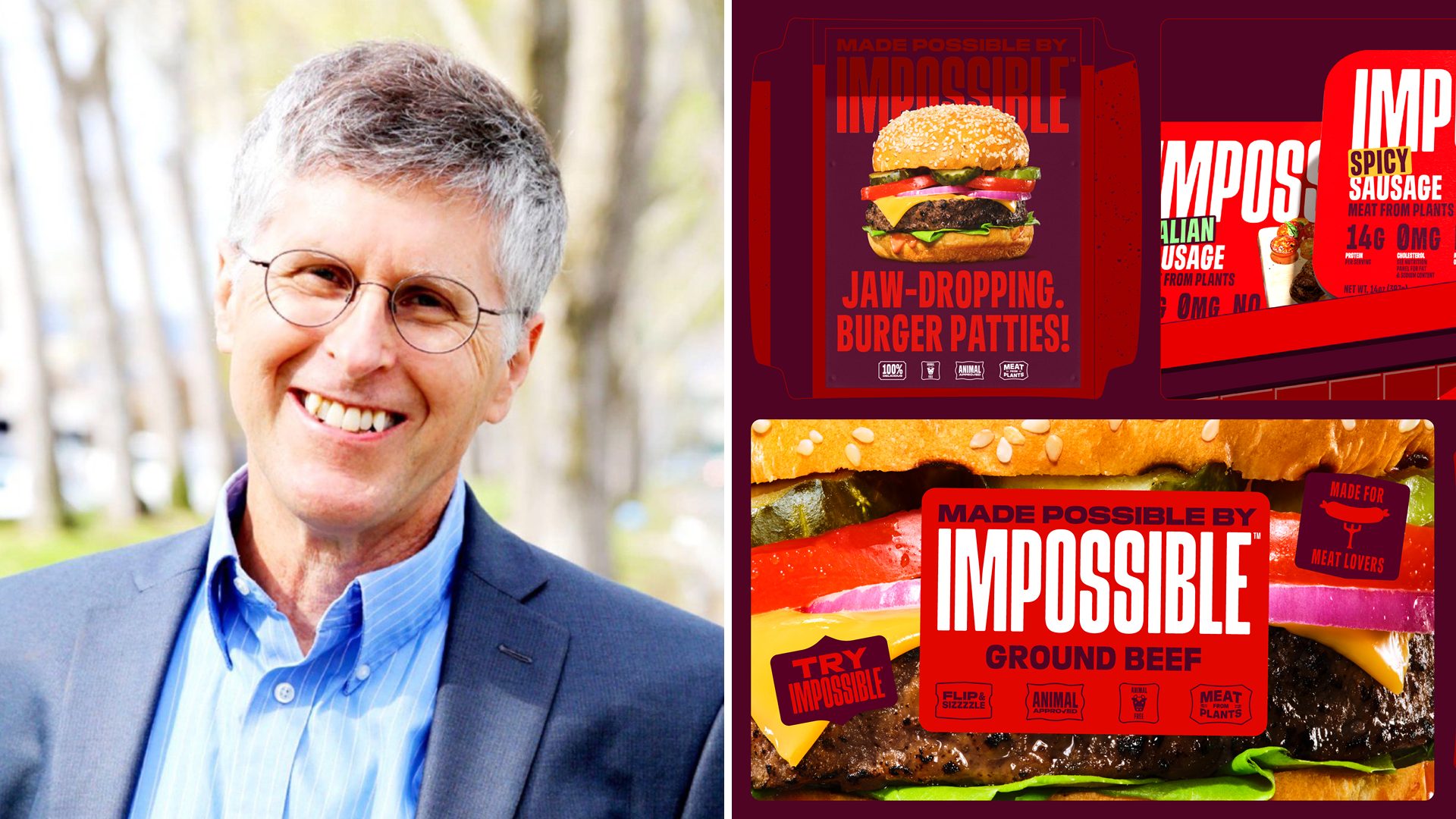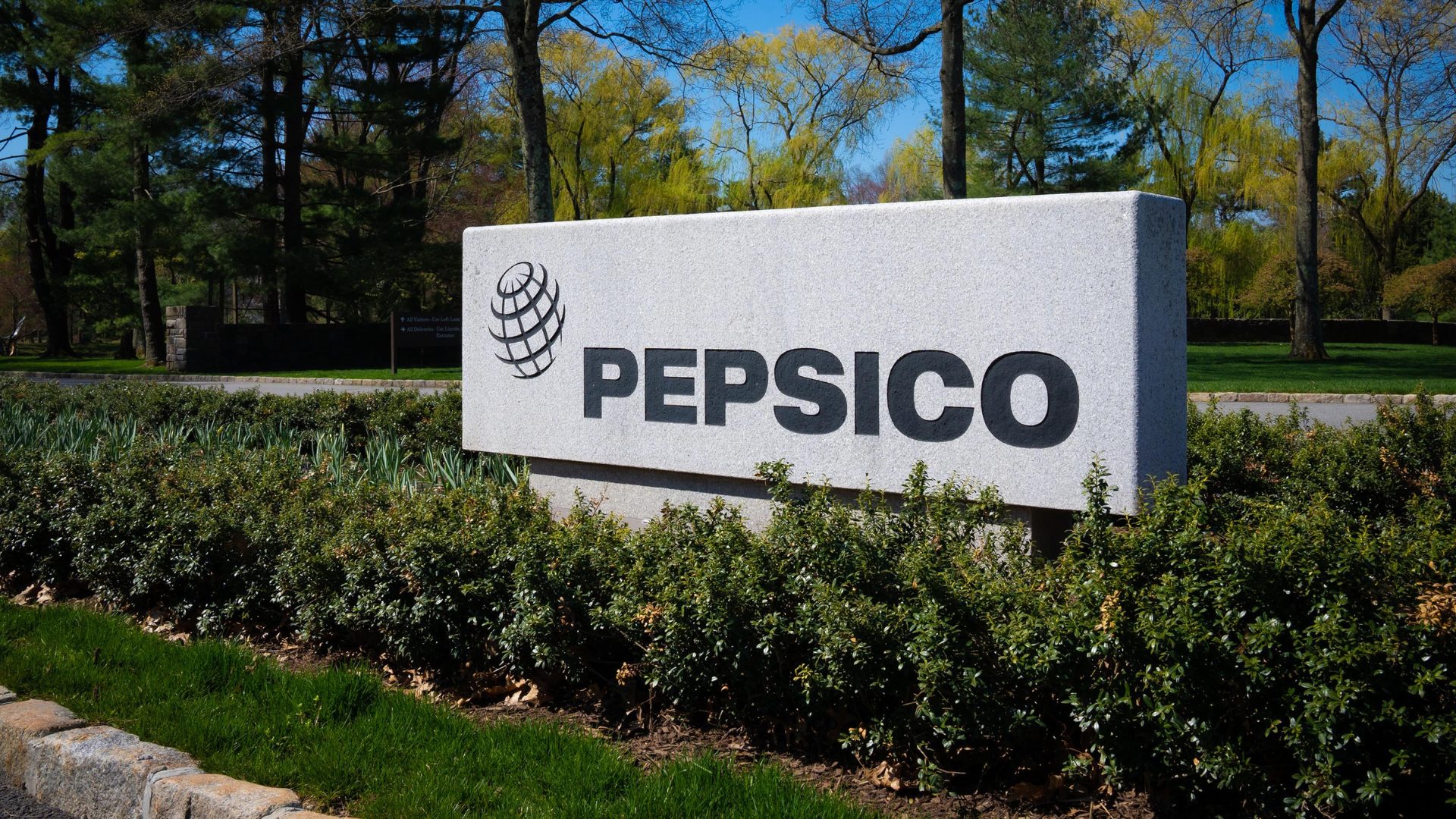The plant-based meat category is experiencing some growing pains.
Through the early weeks of the pandemic, alt-meat sales grew some 200% at retail outlets, and the hype around that helped the category secure more than $2 billion in funding. In 2021, U.S. sales stagnated, according to the Plant-Based Foods Association. Global growth in annual retail dollar sales has been slowing, too. Last year they rose 17% to $5.6 billion after growing 33% in 2020.
At the same time, an estimated 79 million U.S. households are purchasing meat alternatives, according to the association, little changed from 2020. The question remains whether customers purchasing the products are simply trying new foods or if they’re coming back to purchase again. So far, the retail data shows repeat buying rates have grown little, from 78% of customers in 2020 to 79% in 2021.
“Where plant-based meat hasn’t cracked the code is repeat purchasing,” said investor Catha Groot, a partner at Radicle Impact. “Plant-based dairy is much further ahead.” (Forbes, June 18)
With that, there is a growing list of examples where plant-based is losing steam.
For example, BTIG analyst Peter Saleh said in a recent note that McDonald’s McPlant burger sales have been lackluster in test runs in Dallas and San Francisco, casting doubt on the plant-based burger’s nationwide introduction later this year.
The McPlant is being closely watched for a variety of reasons—primarily because McDonald’s is the world’s largest restaurant chain, and the product’s addition in its largest market would represent a massive victory for plant-based advocates.
It would also signal that plant-based burgers have become mainstream. Wall Street, for one, has cast doubt on that idea. Beyond Meat, which is partnering with McDonald’s on the McPlant, has lost more than 60% of its stock value this year. (Restaurant Business, June 16)
Another example of the industry losing momentum is Kellogg’s plan to spin off and potentially sell its profitable MorningStar Farms vegetarian patties and plant-based meat business, with some industry watchers suggesting MorningStar faces a “tough environment” in grocery stores without the support of Kellogg. (Reuters, June 22)
Also, The American Chemical Society recently reported in its Journal of Agricultural and Food Chemistry that proteins in a model plant-based substitute were not as accessible to cells as those from meat, a possible obstacle for those advocating the health benefits of plant-based meat.
Despite these recent headlines, industry watchers remain positive on the long-term growth prospects for plant-based meat.
BTIG’s Saleh noted that operators believe McDonald’s is committed to plant-based offerings – indicating the McPlant is still in play. It’s just not ready for a national rollout.
Also, the long-term fundamental growth of the plant-based industry still looks strong due to the ESG and animal welfare movements, which are more focused on curtailing animal production than possible health benefits for humans.
Groot says despite the challenges ahead she is still bullish on meatless meat. “The pressing environmental and social challenges require such urgent social action,” she told Forbes. “We are dreaming if we think we can continue with the status quo in the same way.”












